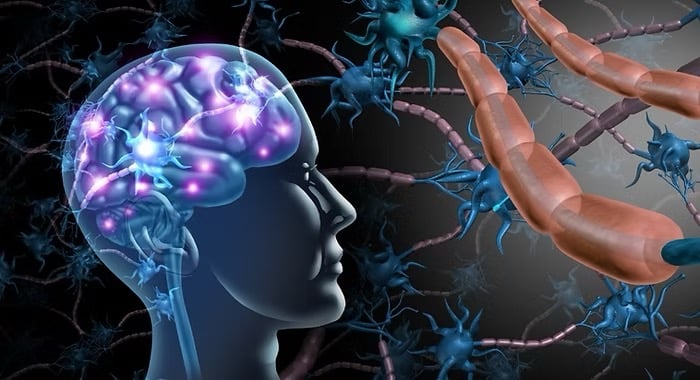The transformative process that can reshape individuals and cultures.
Leadership is not just a set of skills, it's deeply connected to how our brains function. Neuroscience explores the intricate workings of the brain in various leadership scenarios. Understanding neural processes helps leaders comprehend decision-making, emotional intelligence, and the impact of stress on themselves and their teams. Neuroleadership involves leveraging this understanding to enhance leadership effectiveness, communication and team dynamics.
Transforming Individuals
Individual transformation is at the core of leadership development. It involves recognising and reshaping patterns of thinking, emotional responses and behaviours.
Neuroscience highlights the brain's plasticity, emphasising that individuals can adapt, learn and grow throughout their lives.
Transformation often involves self-awareness and intentional efforts to change habits. It's about rewiring the brain for better leadership skills.
Transforming Culture
Cultures are reflections of collective behaviours and attitudes within an organisation. Transforming culture starts with transforming individuals. Leaders play a crucial role in setting the tone and modelling the desired behaviours.
Neuroscience suggests that sustained behavioural changes in individuals can lead to a ripple effect, influencing and transforming the overall culture of an organisation.
Keys to Transformation
Self-awareness: Leaders need to identify and understand their strengths, weaknesses, and biases to lead authentically.
Empathy: Recognising and understanding the perspectives and emotions of others fosters positive connections and collaboration.
Continuous Learning: Embracing a growth mindset and encouraging a culture of learning supports ongoing individual and collective transformation.
Adaptability: The ability to adapt to change and uncertainty is vital for both leaders and the culture they cultivate.


